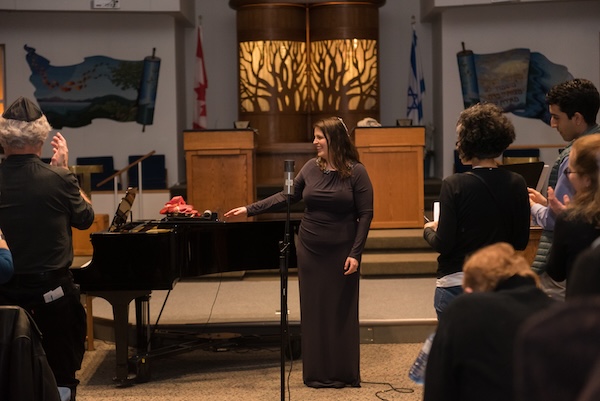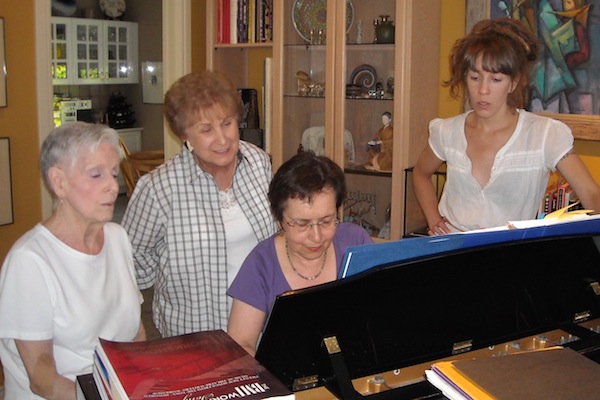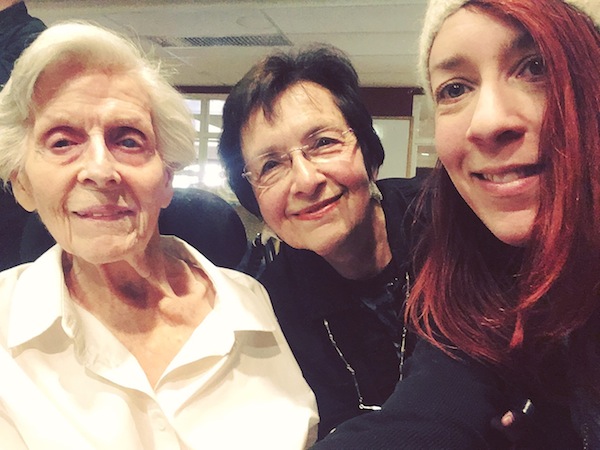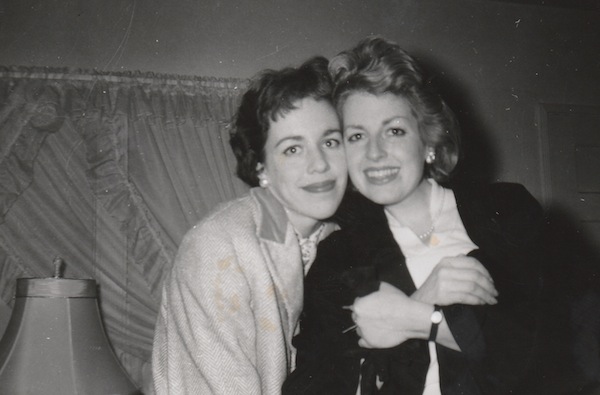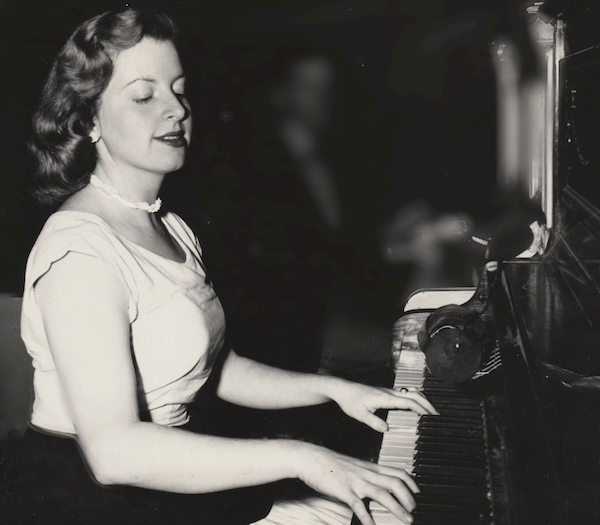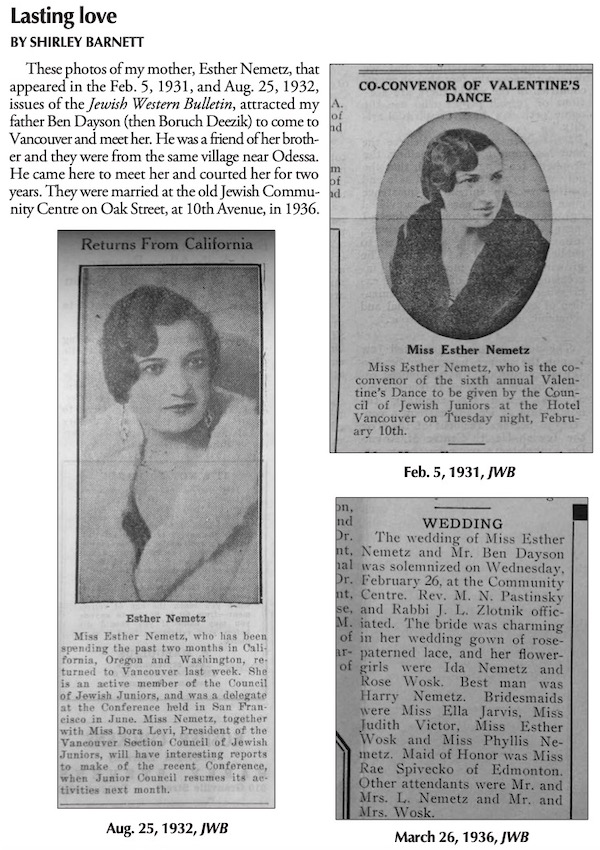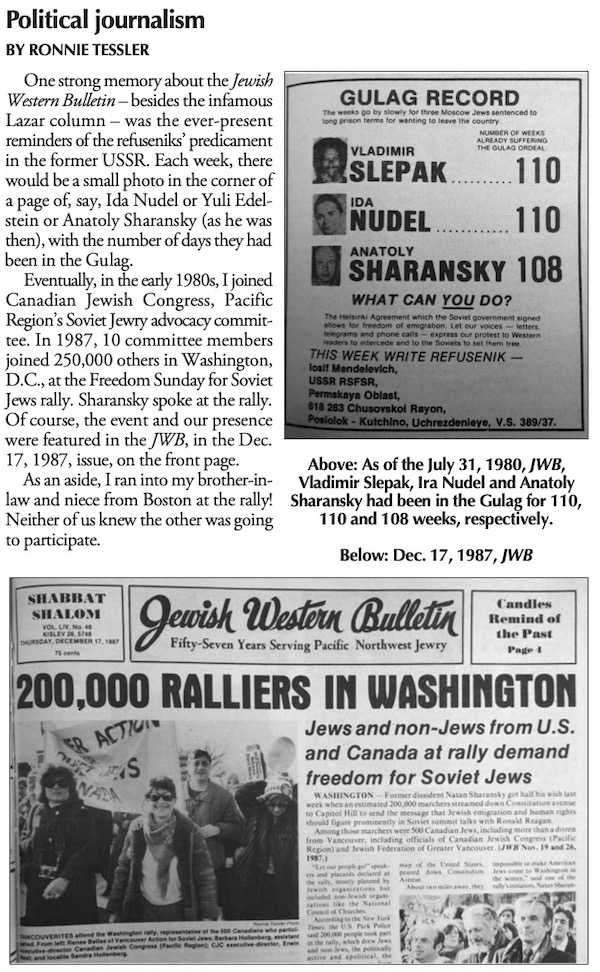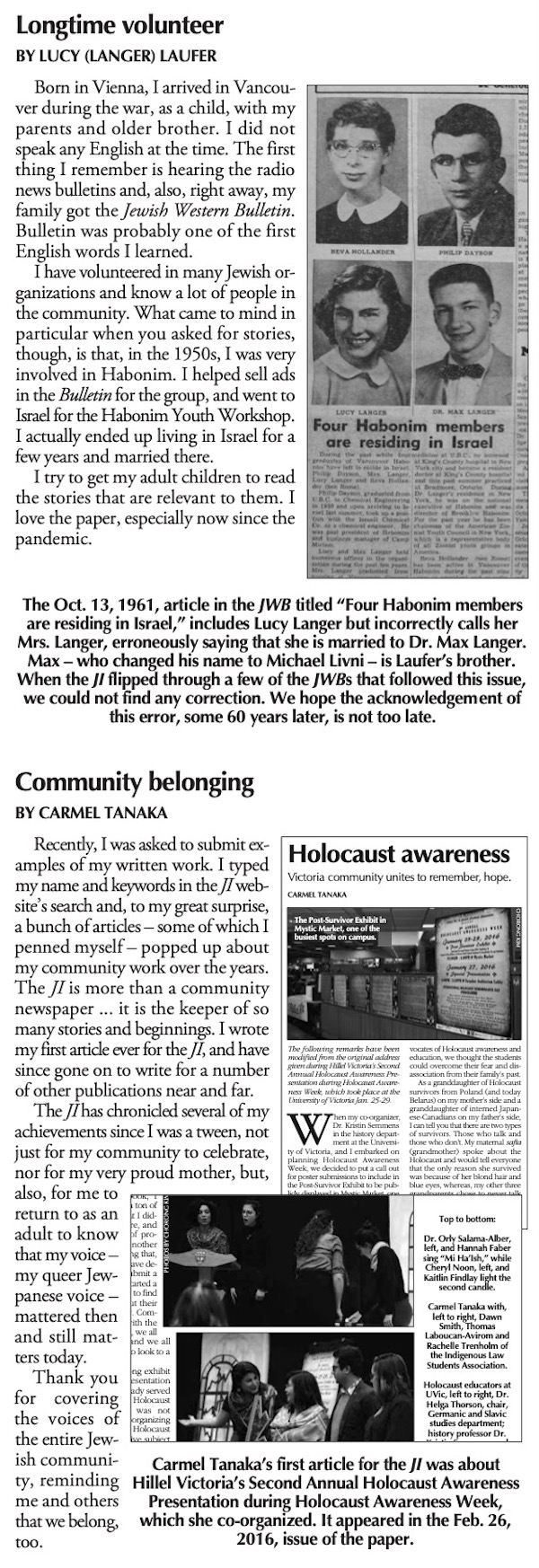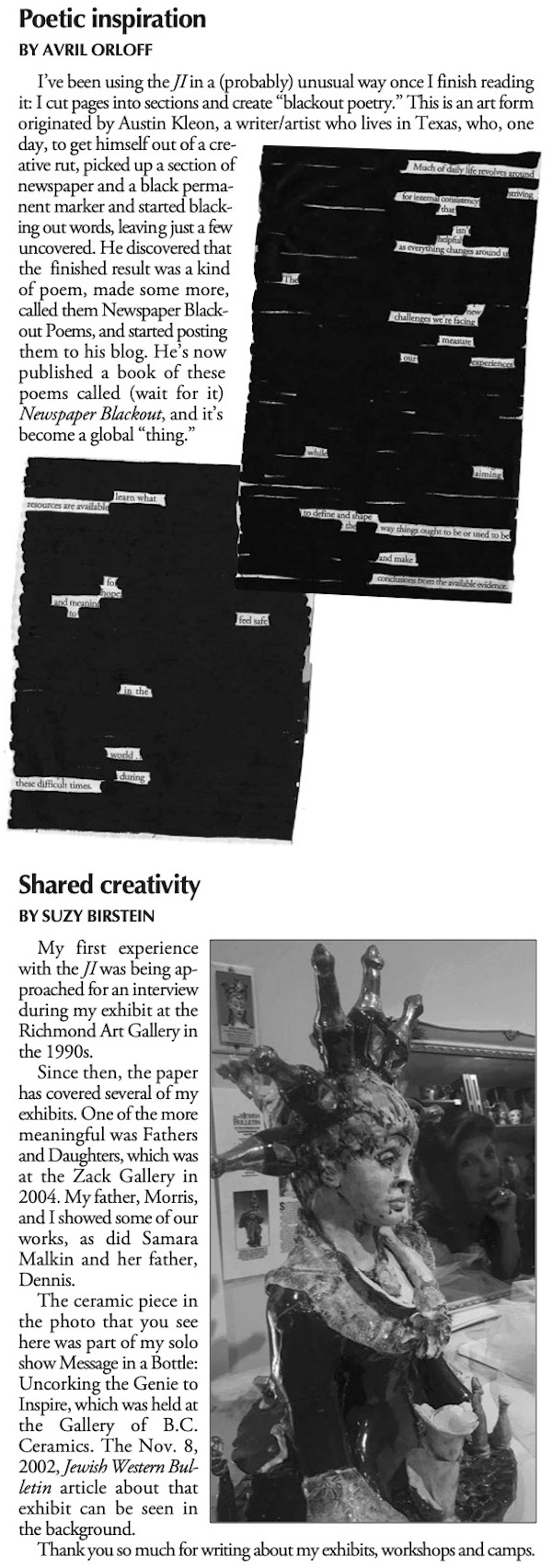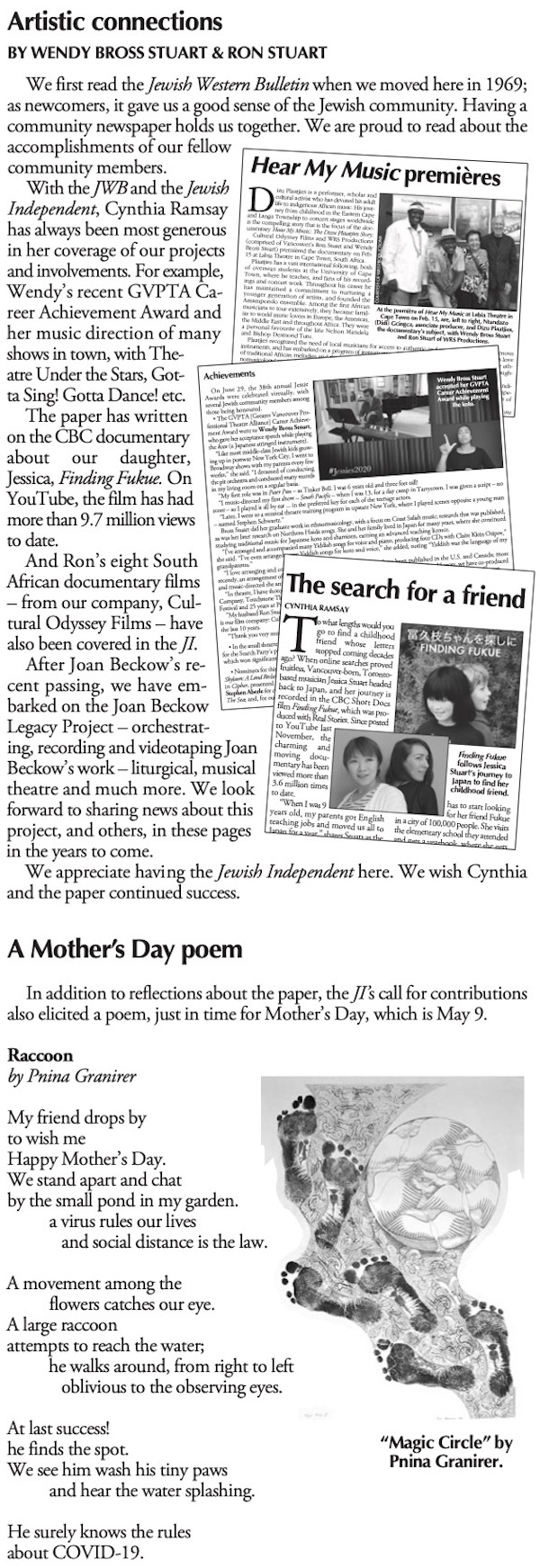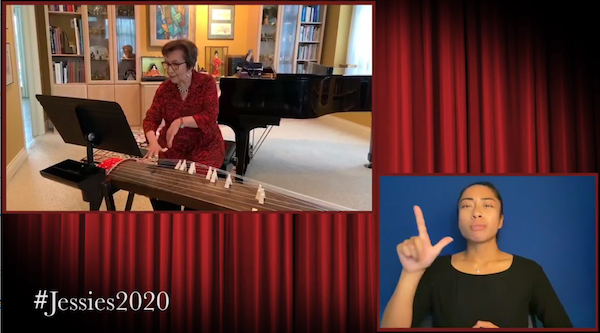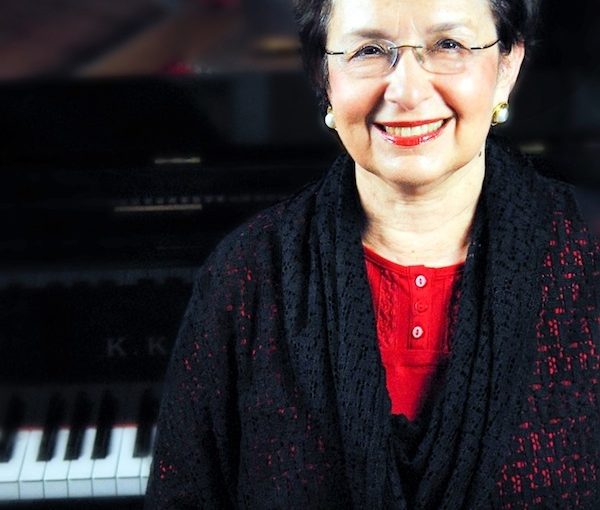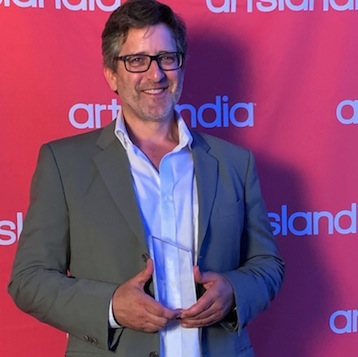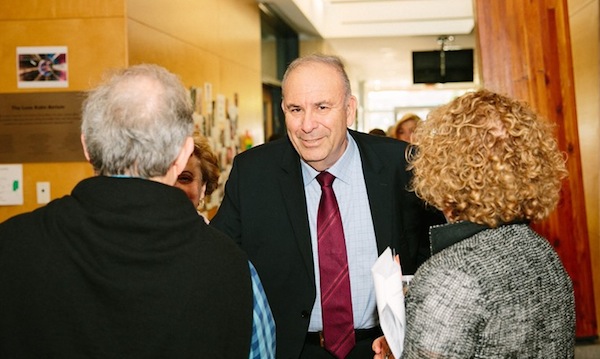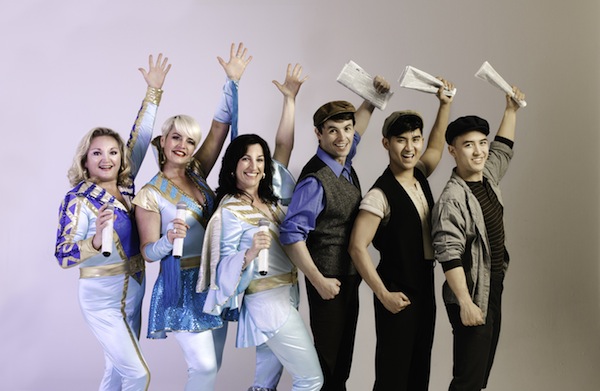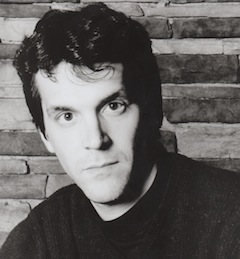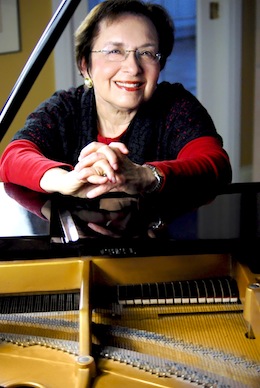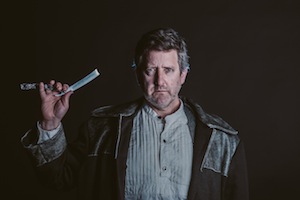Cantor Shani Cohen and Wendy Bross Stuart (photo below) team up for another Shabbat Shira concert at Temple Sholom, on Feb. 8. (photo from Temple Sholom)
“I’m looking forward to the Shabbat Shira concert as an opportunity for our community to come together and enjoy some beautiful music as a temporary respite from the challenges of the past two years, within the safety of our own walls,” said Temple Sholom’s Cantor Shani Cohen of her Feb. 8 performance at the synagogue with Wendy Bross Stuart.
“Shabbat Shira is the annual day when we read the Song of the Sea, which is the climax of the Exodus story,” explained Cohen. “To celebrate this Torah reading, there is a tradition of adding some extra musical elements to the weekend. That was the inspiration for the Shabbat Shira concert that Wendy and I are doing. We started this tradition last year, and it was a wonderful evening of music that brought the community together.”
Cohen and Bross Stuart have chosen a range of musical styles for the concert, from musical theatre to jazz to classical art song.
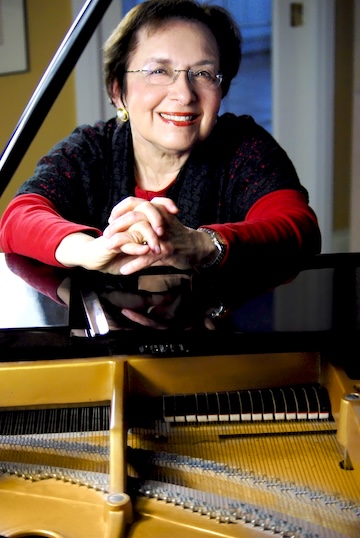
“One of our focuses in the concert is highlighting Jewish composers,” said Cohen. “In this vein, we will be performing ‘How Much Do I Love You’ by Irving Berlin, ‘Still Hurting’ from Jason Robert Brown’s Last Five Years and ‘Vanilla Ice Cream’ from Jerry Bock’s She Loves Me. There will also be some songs by the very talented Jewish songwriting duo Zina Goldrich and Marcy Heisler, including ‘The Last Song’ and ‘Let Me Grow Old.’
“Finally, I am excited to be sharing a few classical art songs, including some by contemporary American composer Lori Laitman from her song cycle ‘The Mystery,’ and one from Hector Berlioz’s song cycle, ‘Les nuits d’été.’”
Before Cohen went to cantorial school, she studied to be an opera singer. She still feels a strong connection with classical music, she said.
“While I love being a cantor and find the role incredibly fulfilling and meaningful, I realized that I still have a passion for opera,” she said. “Singing opera, for me, is like a workout for my vocal muscles, keeping them in shape and, in turn, helping me sing my cantorial music more confidently.
“I also think it’s important and healthy to have a work-life balance. For me, that means finding activities outside of synagogue life. Over the past two years, I have found some creative outlets that have allowed me to delve into classical music again in a different way than I do as a cantor. It has been an exciting and fun journey that has challenged me in new ways.”
Cohen’s passion for classical singing led her to Opera Lirica, headed by artistic director Trudy Chalmers, which is dedicated to bringing classical music to the community and providing performance opportunities to local opera singers. Among other things, Cohen was invited to perform as part of their Heritage Salon Series.
“My concert was on Nov. 10, and it was entitled The Sacred Tongue and the Mother Tongue: A Concert of Hebrew and Yiddish Songs. I had a wonderful time preparing for the concert with pianist Roger Parton [Opera Lirica’s music director]. I explored my own Israeli and Ashkenazi family background, and performed both new and familiar Hebrew and Yiddish repertoire…. It was a deeply personal concert, and I was proud to share it with not just the Jewish community, but the wider Vancouver music community. It meant a lot to me that after Oct. 7 and the rise in antisemitism that we have experienced, Trudy and Roger were both so supportive of this project and of me. This is the kind of crucial cross-cultural relationship building that I believe music can help us do.”
In another cross-cultural endeavour, Cohen will join the Jan. 26 performance of Songs of the Wasteland about survivor Renia Perel, which was written by Perel, who died in 2017, and arranged by Larry Nickel. The Vancouver Academy of Music is once again presenting the work, in honour of International Holocaust Remembrance Day (vancouveracademyofmusic.com/events).
For the past two years, Cohen has performed with the Reform Cantors and Cantorial Soloists of Canada (RCCC) organization in Toronto. “This year, we will be hosting the RCCC concert at Temple Sholom in May! More information to come,” she said.
Cohen and Bross Stuart first worked together on the community Yom Hashoah commemoration a few years ago, and in which both have participated multiple times. They also worked together in the Chutzpah! Festival concert debut of the Joan Beckow Project and album release; Bross Stuart and her daughter Jessica Stuart, who is also a musician, are co-directors of the project.
“We each bring a different musical perspective,” said Cohen of working with Bross Stuart. “Wendy has a wealth of knowledge and experience in musical theatre, Yiddish music and jazz, while I have a background in Jewish and classical music. We each learn from the other, and are able to meld our experiences into programs that I believe are intriguing and exciting for our audience.”
When Cohen started working at Temple Sholom back in 2021, she was straight out of cantorial school, and had just moved to Vancouver from New York. Grateful for the opportunities she has had at Temple Sholom, she said, “I am especially thankful to work with the supportive and inspiring clergy team that we have: Rabbi Dan Moskovitz and Rabbi Carey Brown. It was Rabbi Moskovitz’s vision to bring in an ordained cantor to our synagogue for the first time, and both he and Rabbi Brown have been supporting me through every step of my transition into this vibrant community.”
Over the years, Cohen has found ways to bring more of herself into her job: “more of my passions, interests and identity into what I offer.”
“On a basic level,” she said, “my role includes leading prayer services, running our b’nai mitzvah program and officiating lifecycle events like weddings and funerals. Beyond that, I am passionate about growing our musical offerings at Temple Sholom, and I believe in the power of music to help us tap into our spirituality. That’s why I started a small vocal ensemble that sings at our High Holy Day services, as well as a few special Shabbatot throughout the year. I also started a Temple Sholom band, called the Temple Tones, who enrich our Friday night services a few times a year for holidays and Shabbatot.”
Cohen oversees the Sholom Shishim (60-plus) program.
“My goal with this group is to find new and creative opportunities to engage our seniors,” she said. There have been lunch-and-learns, speakers, concerts and various outings. “We now have on average 70 attendees per month, and our annual Hanukkah party gets up to 100 seniors!” she said.
“I run a monthly Temple Sholom Tea gathering at the Louis Brier for our members who live there, though anyone is welcome to join,” she added. “A few years ago, I began a program I call Teatime with Cantor Cohen, where I meet with small groups of Temple Sholom seniors in local cafés and tea shops, so they can get to know me, each other and, hopefully, create meaningful relationships in their own neighbourhoods.”
One thing Cohen loves about her cantorial role is that she works with people of all ages, from teaching classes at the shul’s religious school, to various adult offerings. “Recently,” she said, “I began a High School Prayer Leader program to train the next generation of prayer leaders.”
Cohen also started a Queer Torah Study group, which has evolved into Kehilateinu, the Temple Sholom Pride Club.
“When my wife and I moved to Vancouver, we were welcomed into the community with open arms, and I want to ensure that our growing number of queer members feel welcomed at Temple Sholom as well,” she said. “I know that Kehilateinu’s events have been especially meaningful since Oct. 7, when so many queer Jews were rejected by their social circles.”
Tickets for the Shabbat Shira concert are $18 for synagogue members and $36 for non-members. The Feb. 8 event starts at 7 p.m. with a happy hour and the concert is at 7:30 p.m. Register at templesholom.ca.

